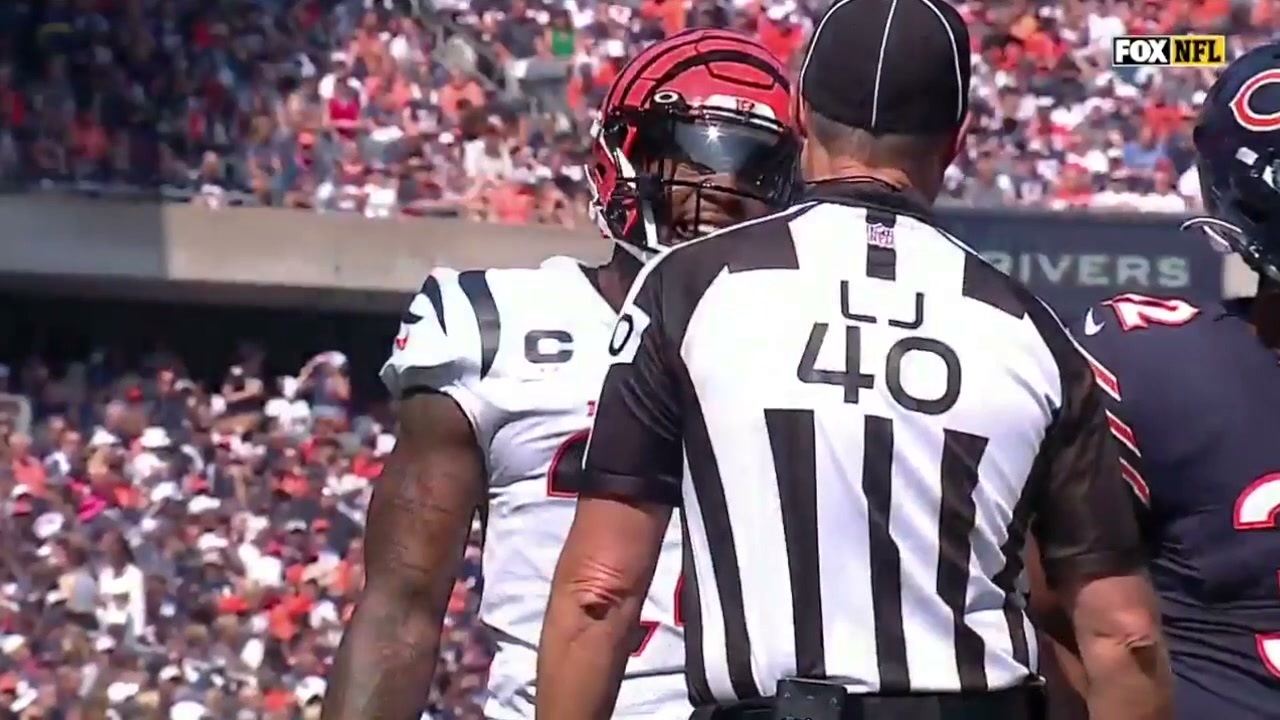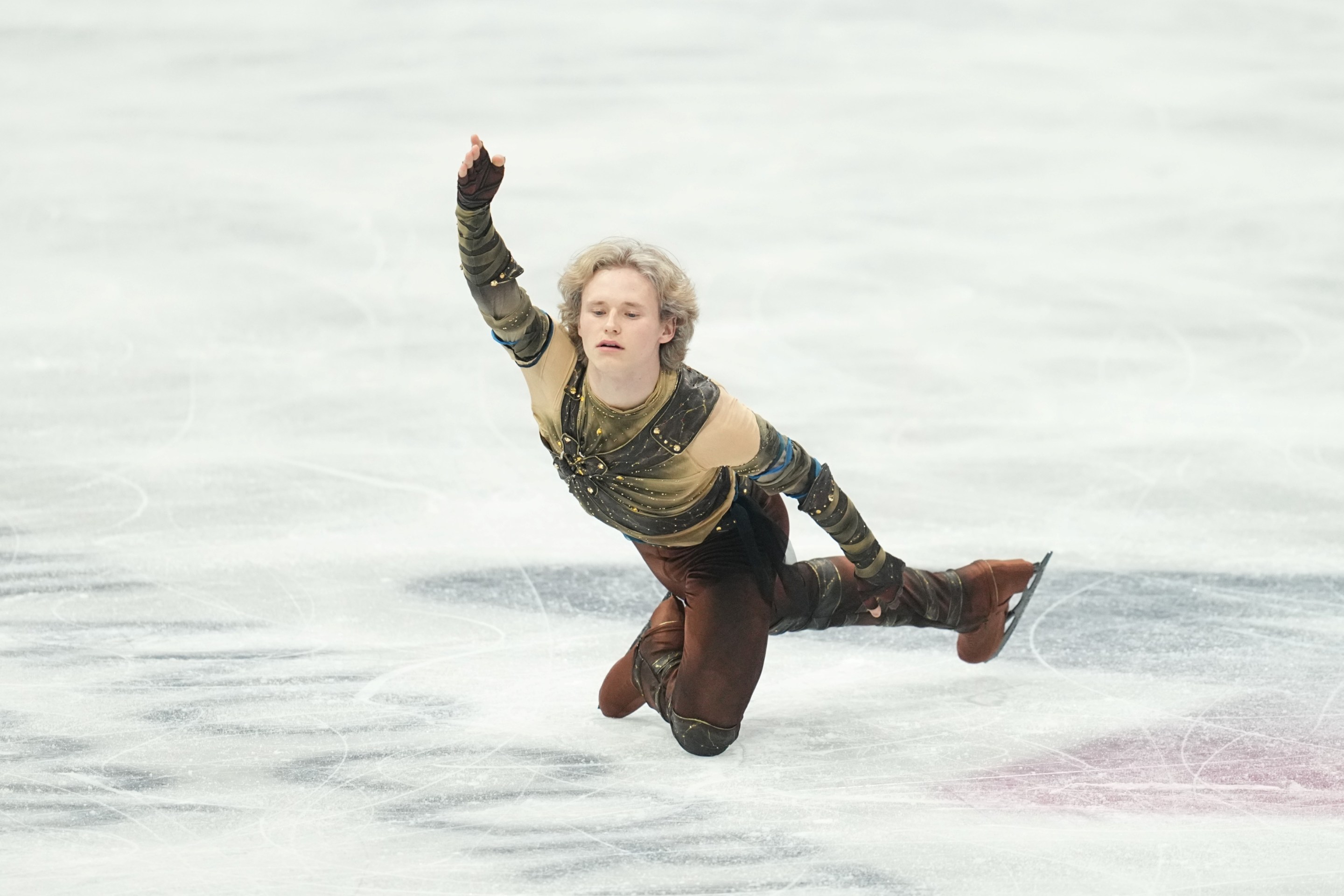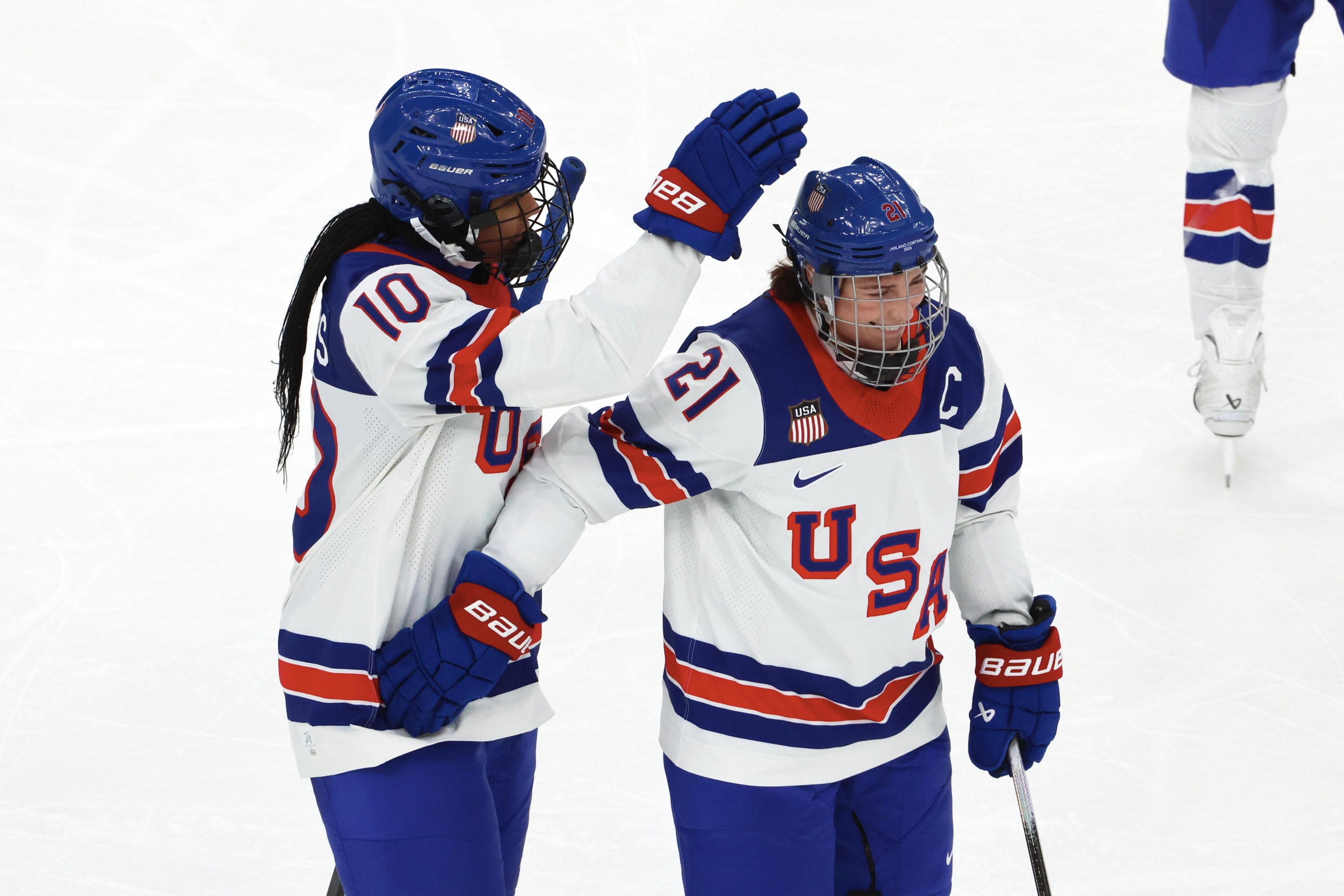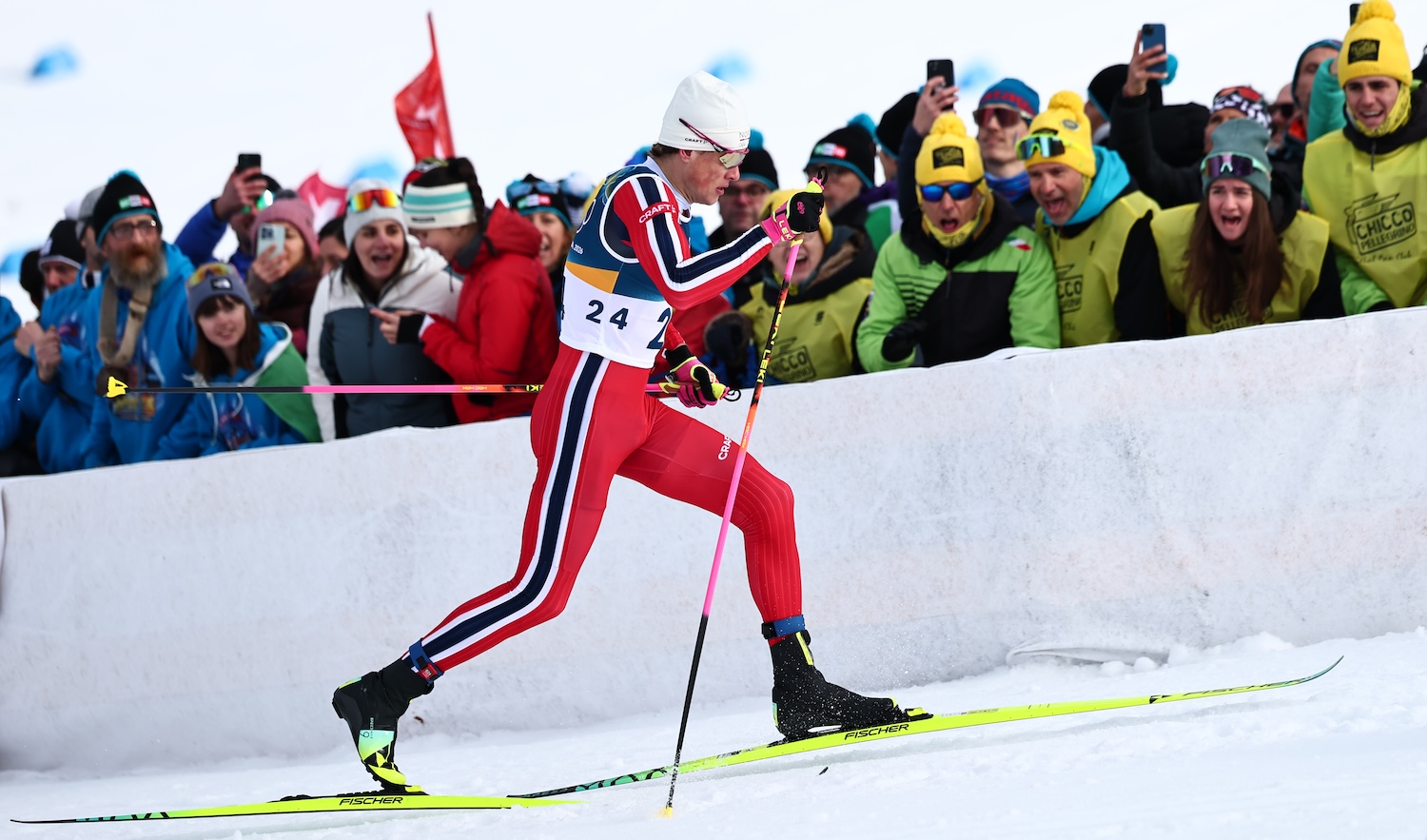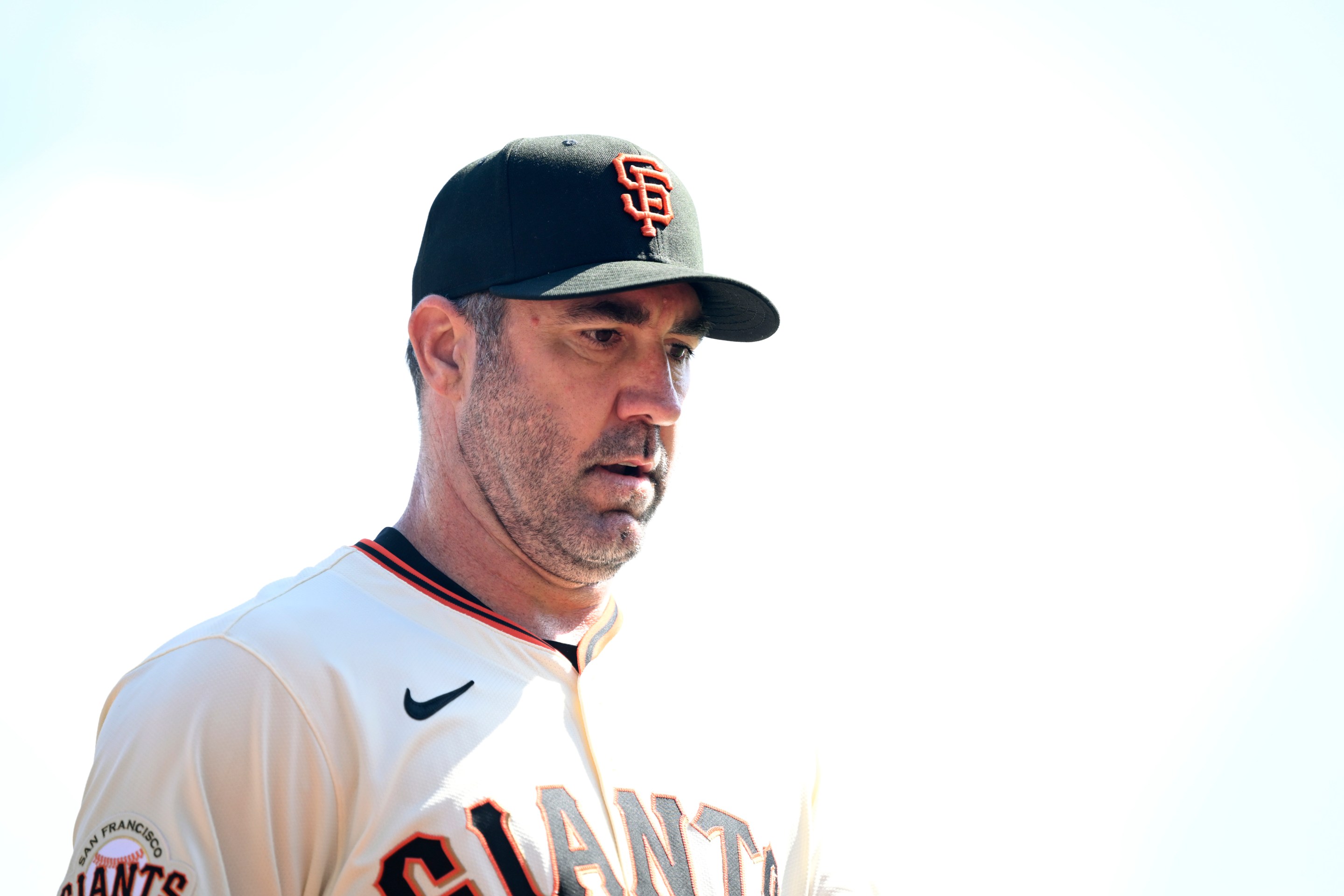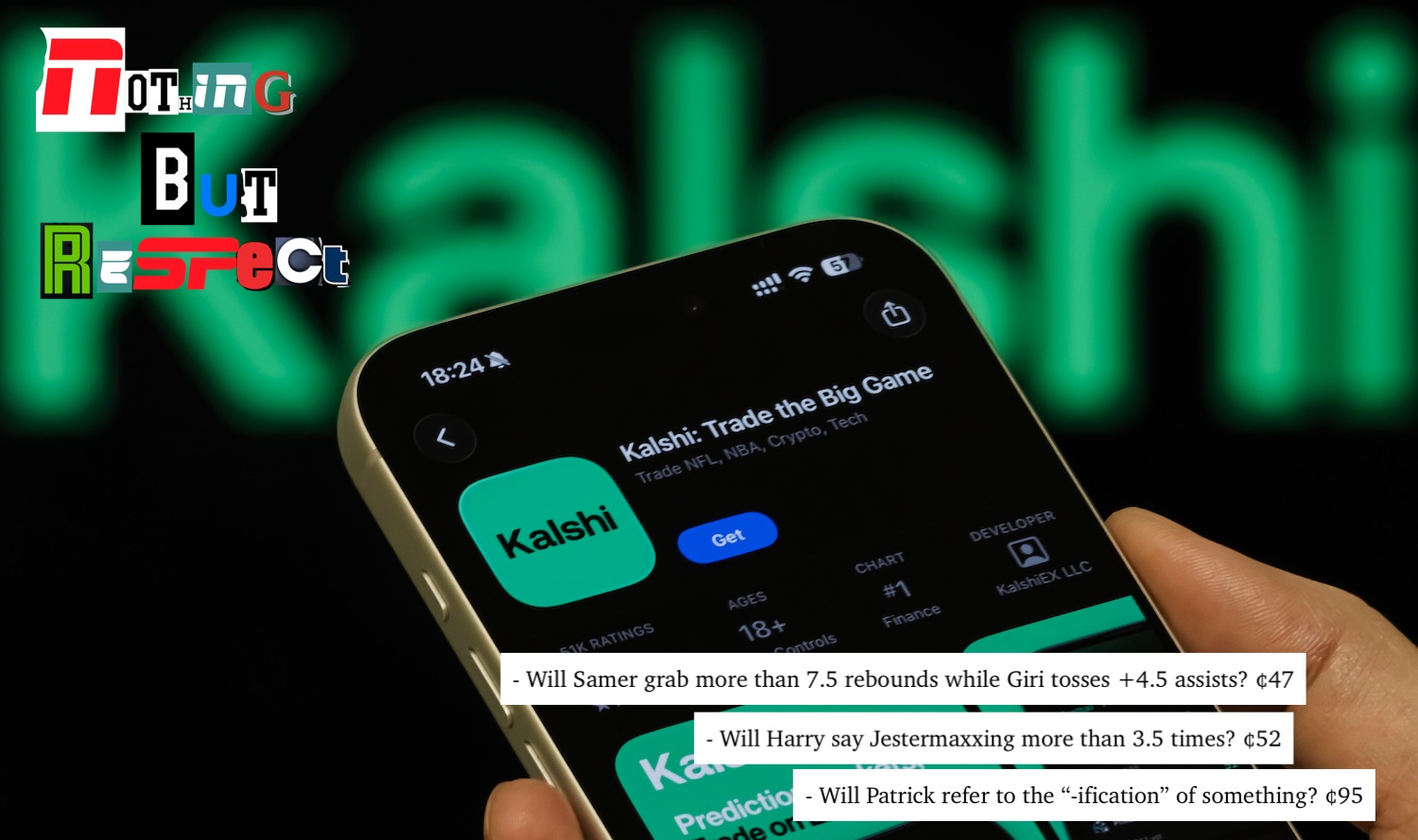In a move that felt straight out of 2005, the NFL ahead of this season announced that it would instruct officials to "strictly enforce" its rules against taunting. We've gotten a few silly peeks at what that looks like already—see Benny LeMay getting flagged for flexing in preseason or Dre Greenlaw in Week 1 getting punished for waving at the Lions during a pick-six. But it was a brief stretch of play in the first quarter of the early window this Sunday that really laid out what the NFL wants the new normal to be, as three separate 15-yard penalties all got called on grown men judged to have been too rude to the other grown men that they're paid millions of dollars to defeat.
Here are each of them, as seen in the video below:
- In Bills-Dolphins, Buffalo cornerback Levi Wallace defended a pass and then made an emphatic "incomplete" signal near DeVante Parker's face before getting up.
- In Bengals-Bears, Chicago safety Tashaun Gipson got flagged for clapping in the line of vision of Cincy wideout Ja'Marr Chase following an incomplete pass.
- And also in Bengals-Bears, Vonn Bell was penalized seemingly just for jawing with Andy Dalton after another incompletion.
You can take a couple of contrary positions here, if you wish. For one, you could argue that rules are rules, and NFL players are paid to follow the rules no matter how annoying they might be. For two, you could just be morally opposed to taunting and believe it sets a bad example. Washington coach Ron Rivera took the "think of the children" path when asked about taunting before the season.
"We don’t need the young people to see that," he said. "We don’t need the Pop Warner, peewee football kids seeing us act like that.”
But speaking for myself, in addition to enjoying the personality that these harmless displays of excitement add to a game, I also take issue with the vagueness and almost universal applicability of the taunting rule itself. I get that the league is trying to eliminate uglier incidents like last year's fight between Javon Wims and C.J. Gardner-Johnson. But the NFL rulebook, within the larger unsportsmanlike conduct umbrella, defines taunting as "acts or words that may engender ill will between teams," and that kind of scope allows it to impact far more plays than it needs to. Not only is "ill will" practically a prerequisite for playing pro football, but also, especially as the season gets more intense, it's easy to imagine an instance where an official's poor judgement about what constitutes taunting has real consequences for a meaningful game's outcome.
NFLPA president and Browns center JC Tretter made this problem clear while expressing his frustration that this new emphasis was decided by those who don't actually play the game:
Fans enjoy the intensity and the raw emotion that our players show on the field; and the overwhelming majority of the time, players understand the line between that emotion and bad sportsmanship. For example, some time ago, the league banned the throat slash celebration, which made sense. It was easily enforced and clear to all. But as we saw in a Colts preseason game – and a number of other preseason games – this attempt at controlling “taunting” is going to be a weekly issue that takes away from the spirit of the game.
One of today's penalized taunters—Levi Wallace—at least ended up with the last laugh. Two plays after costing his team 15 yards, he jumped all over a meatball of a pass from Jacoby Brissett, picking it off and returning it for 14 yards.
Jacoby Brissett INTERCEPTADO! (Tua Tagovailoa saiu machucado) #NFLBrasil
— NFL Brasil (@NFLBrasil) September 19, 2021
📺: Faça seu teste GRÁTIS de 7 dias no NFL Game Pass e assista a todos os jogos! Link: https://t.co/Qage409IEW pic.twitter.com/wN0zOdeX3S
Apparently running down the field and holding out the football isn't taunting. Yet.
Update (5:25 p.m. ET): Defector's Kalyn Kahler was in Chicago for the Bears game, and afterwards she got some insight from the team about the taunting call on Gipson and the effect it had on them.
"I don't want to be out there if I can't be happy for my guys when they make big plays," Gipson said in the postgame. "That's what this game is about man. It's just adrenaline."
Another member of the Bears secondary, Jaylon Johnson, wasn't shy about sticking up for his teammate.
"I'm gonna say it's B.S.," Johnson said. "Nobody did anything excessive, and nobody did anything that caught anybody's eye." He added that, as he understands the state of affairs, players are free to express their emotions, but not while looking at the other team.
"You could be face-to-face (with the opponent), but if I'm this way and you're that way, you're good."
